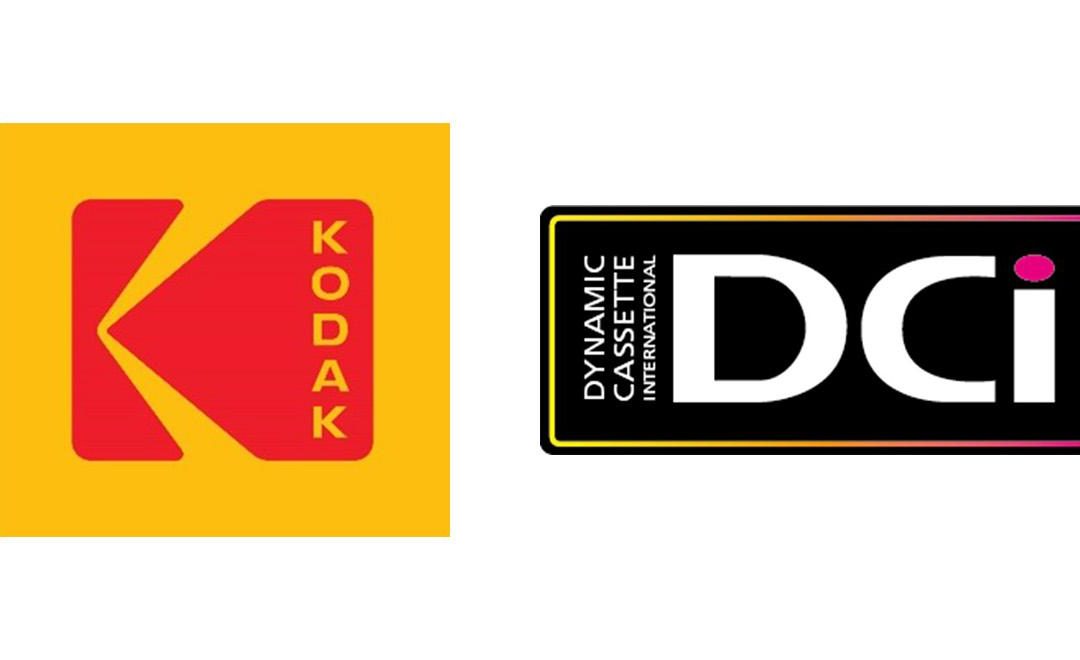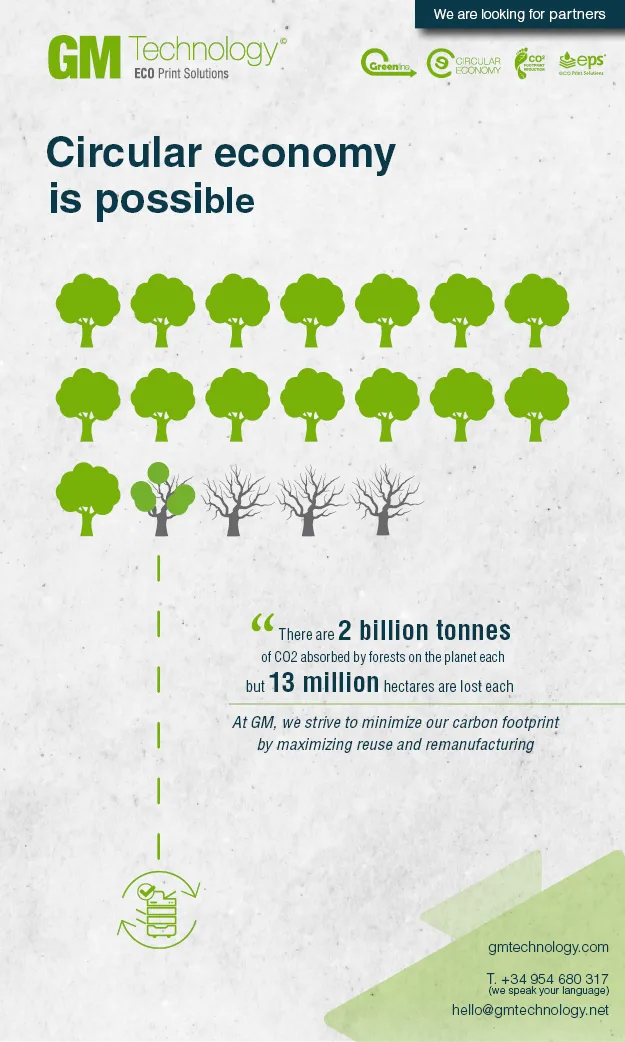
In the latest developments in the well-documented legal dispute between Canon and GPI, the OEM has been granted a permanent injunction and a 20 percent enhancement of damages.
The Recycler has viewed new legal documents from the case, which were filed on 22 February 2018 at the United States District Court in Atlanta, Georgia.
The first set of documents regard Canon’s motion for a permanent injunction against the defendants, Color Imaging Inc. and its distributor, General Plastic Industrial, Co, Ltd, which Canon has accused of infringing its ‘012 patent.
In June 2017, a court had previously found the defendants guilty of three counts of patent infringement, awarding the OEM $3,740,603 (€3.044 million) in damages for GPI’s infringement and $730,380 (€594,530) for Color Imaging’s infringement.
After considering Canon’s motion for a permanent injunction at length, including the OEM’s contention that the infringement of the defendants had caused it to lose market share and was doing Canon “irreparable harm”, District Judge Amy Totenberg granted the motion. In so doing, the court enjoined Color Imaging and GPI from “infringing claims 24, 25, and 30 of the ’012 patent, directly or indirectly, through the manufacture, use, offer for sale, or sale within the United States, or importation into the United States, of Type A and Type B toner bottles and any other product that is not more than colourably different from the Type A or Type B toner bottles.”
In the second set of court documents viewed by The Recycler, Totenberg considered a motion filed by Canon for “Enhanced Damages”. In determining whether or not these damages would be appropriate, the court considered a variety of factors, among them the issue of copying, whether or not the defendants sufficiently investigated the patent they subsequently infringed, litigation misconduct, remedial action and motivation for harm.
Taking all these factors into account, Totenberg concluded that Canon was entitled to “a modest enhancement of damages by 20 percent”. This ruling did not tie in with the treble damages which Canon had originally sought, due to the fact that the case was deemed not to “rise to the level of egregiousness that warrants treble damages”.








